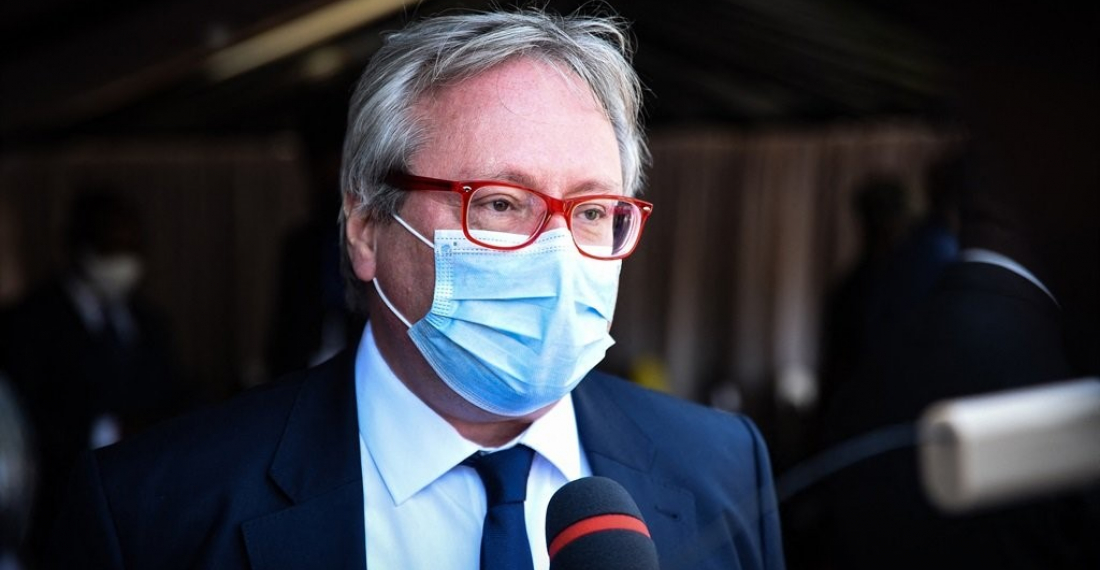Diplomatic contacts between France, and its former African colony, Mali continued to deteriorate this week amid reports that Paris had refused the agreement for a new Malian envoy in France, and Mali's declaration of the French Ambassador in Bamako as a persona non grata.
On Monday (31 January), the Malian authorities gave French Ambassador Joel Meyer 72 hours to leave the country citing "hostile and outrageous" comments made by the French Foreign Minister directed at the Malian transitional government.
On Friday (28 January) French Foreign Minister Jean-Yves Le Drian described the Malian military junta as "illegitimate" and its decisions as "irresponsible". The latter was reacting to Bamako's demand that Denmark withdraw its troops deployed in the French-led European military force Takuba.
Relations between Mali and its former colonial ruler, France, deteriorated in January after Bamako U-turned on an agreement to hold elections this February, and instead proposed to remain a transitional government until 2025. This decision was deemed "unacceptable" by the ECOWAS, the Economic Community of West African States, which placed Mali under a territorial, economic, and financial blockade on the 9th of January. Ever since, relations between Bamako and Paris, which is accused of instigating these sanctions, have become increasingly strained.
Moreover, France is sceptical about the relevance and influence of the presence of Russian mercenaries to accompany the Malian military in their fight against Islamist insurgents on their territory. Indeed, the former colonial ruler is already leading an international contingent fighting Islamist terrorist in Mali, and more broadly in the Sahel region.
The French Defence Minister said last Saturday (29 January) that French troops would not stay in Mali if the cost was too high.
The transitional Malian authorities are reverting to a number of populist moves to rally behind them the Malian people, amid an increasingly resentful mood towards the West and France. After publicly criticising Paris for its interference in the country's affairs, the junta moved from words to deeds on 31 January, deciding to expel the French ambassador.







